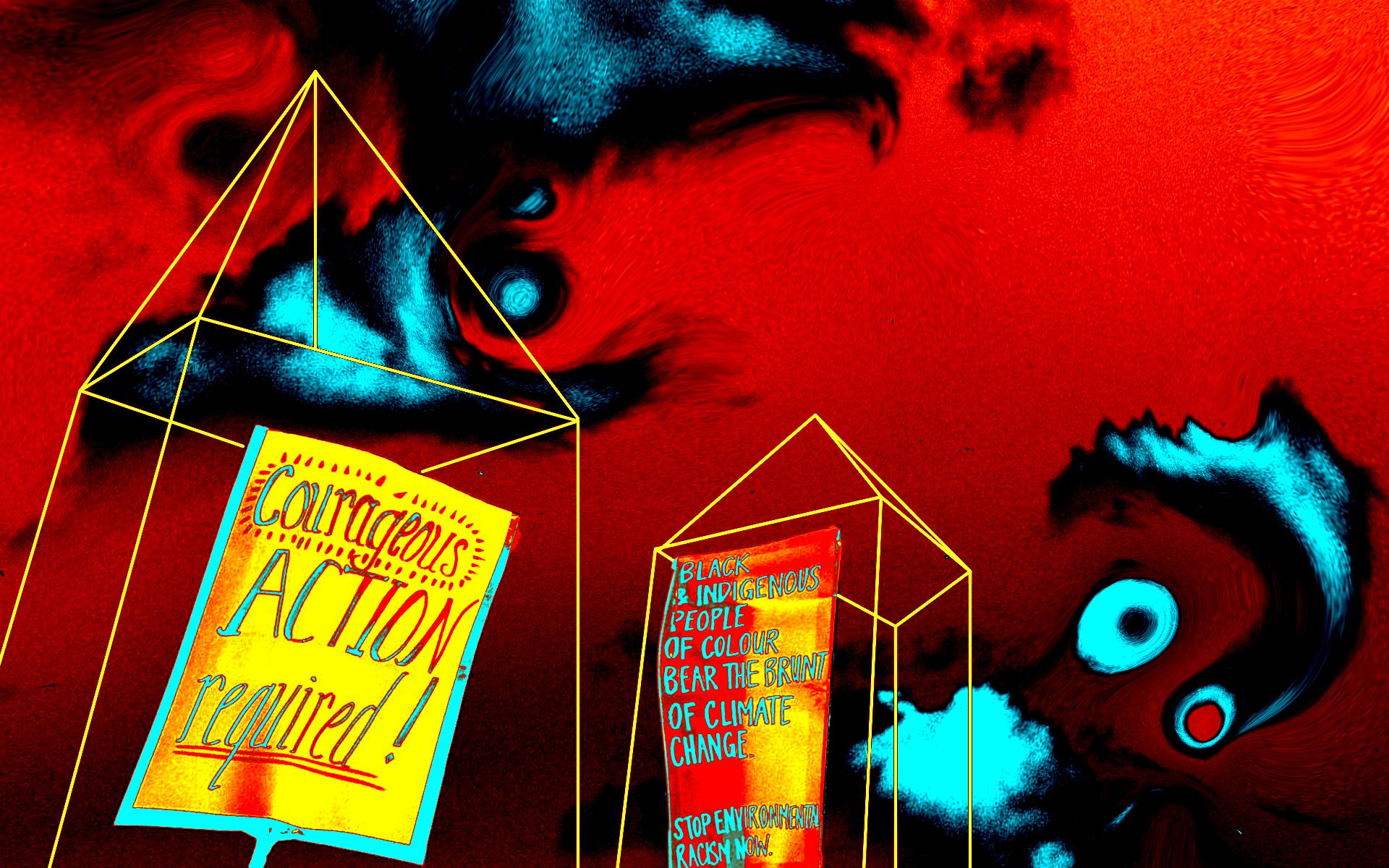While recent demonstrations such as BLM marches, the Scholar Strike, and environmental protection protests call for a racial reckoning, many scholars have been prompted to explore the link between environmental degradation and racial injustice. On Sept. 24, McGill’s Research and Sustainability Network (RSN) hosted a panel of academics to discuss environmental racism in Canada.
The panel, titled, “An Academic Perspective on Environmental Racism in Canada” featured Dr. Ingrid Waldon, an associate professor at Dalhousie University; Dr. Dayna Scott, an associate professor at York University; Dr. Deborah McGregor, also an associate professor at York University; and Larissa Parker, L3 Law.
The panel opened with the speakers outlining various research strategies that are currently used to examine instances of environmental racism in Canada. Deborah McGregor, Canada Research Chair in Indigenous Environmental Justice, explained the importance of using multidisciplinary research approaches.
“We need interdisciplinarity,” McGregor said. “When [we]’re trying to respond to the real world and the real things that are happening, they are not nicely disciplined in the way that academia is set up. We have to respond in these different ways, at different scales, to different people.”
Waldon, who researches the ongoing environmental racism patterns affecting the Mi’kmaq and Black communities in Nova Scotia, pointed out the importance of distinguishing between environmental justice and environmental racism.
“While [conducting] my research, I noticed that there was a preference [for] the words environmental justice and a hesitance to name race,” Waldon said. “It made people uncomfortable. Justice is what we need to get to […], but we also have to look at the illness. To me, environmental justice is the medication. If Indigenous communities across Canada and Black communities are disproportionately impacted, then race must have something to do with it. You’ve got to centre the idea of race because then it makes people more aware of the problem.”
The panellists also highlighted the current systemic structures that perpetuate environmental racism.
Parker drew upon her experience as a law student and environmental activist to describe her experience with racism embedded in the Canadian legal system.
“It’s a mix of power and privilege,” Parker said. “The legal system is built on who holds privilege. These things dictate where polluting activities will be placed. You see these privileges, not only in our legal system but in all of our institutions.”
Scott, Canada Research Chair in environmental law and justice in the green economy, emphasized the importance of recognizing the current policies that uphold racist outcomes.
“When I think about the air pollution regime, it’s not like you could read Ontario’s Environmental Protection Act and racist doctrine is going to spring off the page,” Scott said. “You have to understand how that regime works in practice and see where environmental disparities are falling in practice. Understanding structural racism is recognizing that the current structure produces racist outcomes.”
Waldon stressed both the crucial role of polices, and the current institutions that fail to acknowledge environmental racism.
“How can the environment be racist? It’s policy that can be racist,” Waldon said. “It’s an environmental assessment that doesn’t take into account issues impacting these communities that can be racist. Policy comes out of ideology, and there [is] a lack of understanding of how racism was embedded [by racist ideologies].”
At the end of the discussion, the panellists made a statement regarding transformative change and the role of community groups and grassroots movements in demanding environmental justice.
“Relying on the government to address environmental racism is problematic because it is not truly transformative,” Waldon said. “[Structural inequality] is about profit, and you can’t fully rely on those who are benefiting off the current system to make transformative change. You need both legislative action and demand from the streets.”








